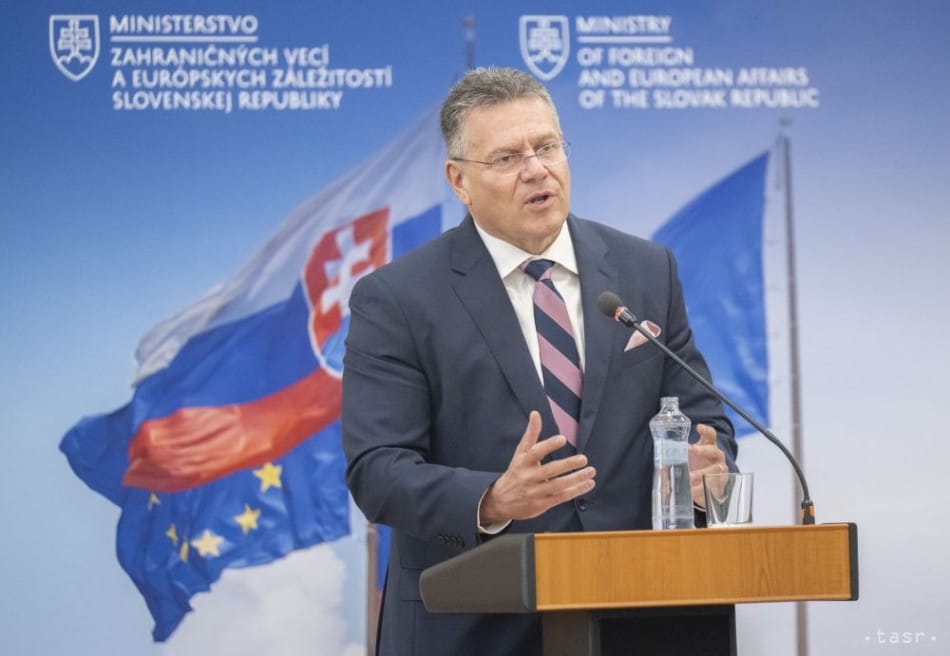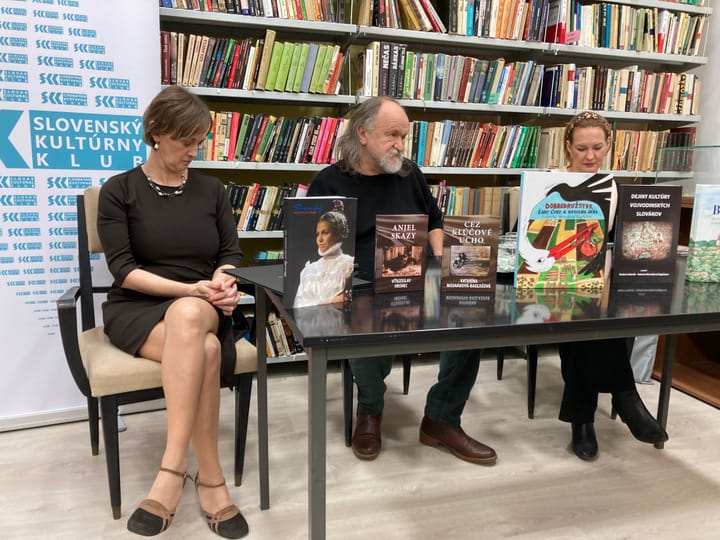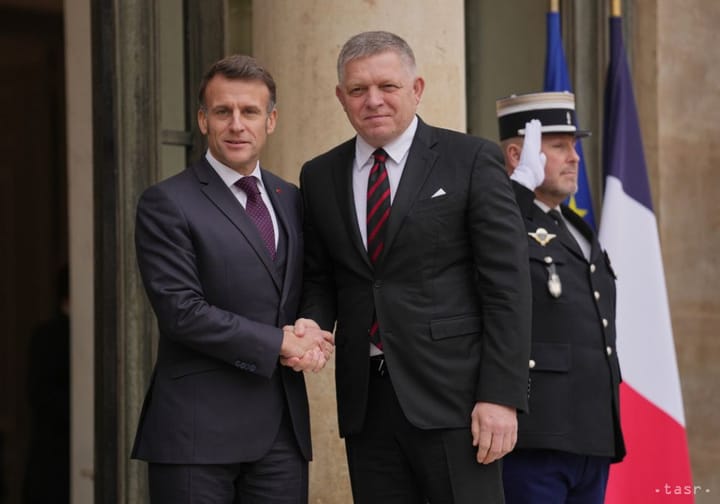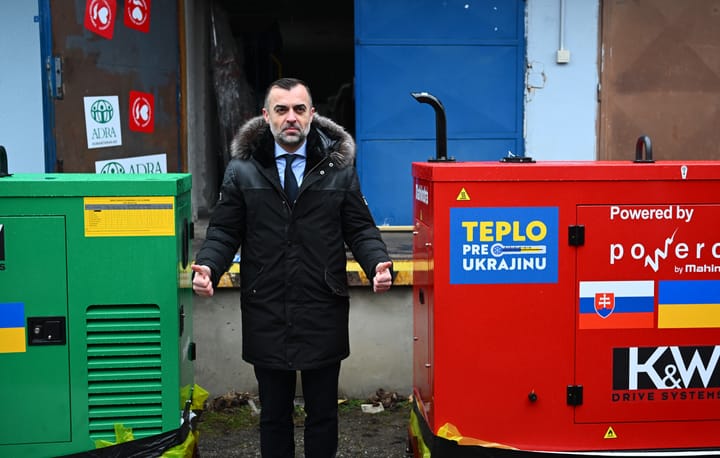EU20: Sefcovic: EU's Next Enlargement Will Be Different Than One 20 Years Ago

Brussels, May 3 (TASR-correspondent) - The European Union has undergone changes over the past 20 years, since Slovakia has been a part of it; it is different from the time at which we joined it, and its further enlargement is being prepared under completely different circumstances, Executive Vice-President of the European Commission for the European Green Deal, Inter-institutional Relations and Strategic Perspective Maros Sefcovic has said in an interview with TASR.
The Slovak commissioner pointed out that over the past two decades the Union has gone through several crises that have shaped it, pointing out that economists would certainly be able to compare where the Slovak economy and currency could have been if the country hadn't become part of the Union and the eurozone.
Sefcovic maintains that Slovakia and the other Visegrad Four (V4) countries (the Czech Republic, Hungary and Poland) have become an important economic belt during this period and that the GDP of the whole EU has grown partly thanks to the economies of the new member states.
"When we look at the links between the economies of Western Europe, but especially Germany, and the economies of Central Europe, we can see that supply chains have been created that operate across Europe and are of global importance. This wouldn't have happened if we weren't in a single market in which we aren't divided by borders," he stressed.
The celebration of the EU's biggest enlargement is, in his view, an opportune moment to reflect on future enlargements. He noted that 20 years ago it was a simpler process - candidate countries were closer to the EU in terms of living standards than the current candidates are. The move took place in a period of peace and after thorough preparation.
"We submitted our application in 1993 and joined the Union in 2004. There were intensive negotiations. We had to transpose just over 100,000 pages of European laws into national law. Today, there are over 150 000 pages. The Union has evolved over 20 years, and it's all taking place in a different atmosphere. We have two military conflicts close to our borders and rather tight budgets after trying to manage extraordinary crises," he explained.
The process of the next enlargement will look slightly different, he said, with more emphasis on preparedness, not only of the candidates but also of the current member states. This is partly to avoid the same feeling as the one 20 years ago, when the inhabitants of the original member states were surprised by enlargement. Now we'll be dealing with larger countries, which is the case with Ukraine in particular, with a much greater difference in living standards and with new challenges.
"The reward for these efforts should be a consolidated European continent with a larger population and a solidly built economic and security structure for the 21st century," stated Sefcovic.



